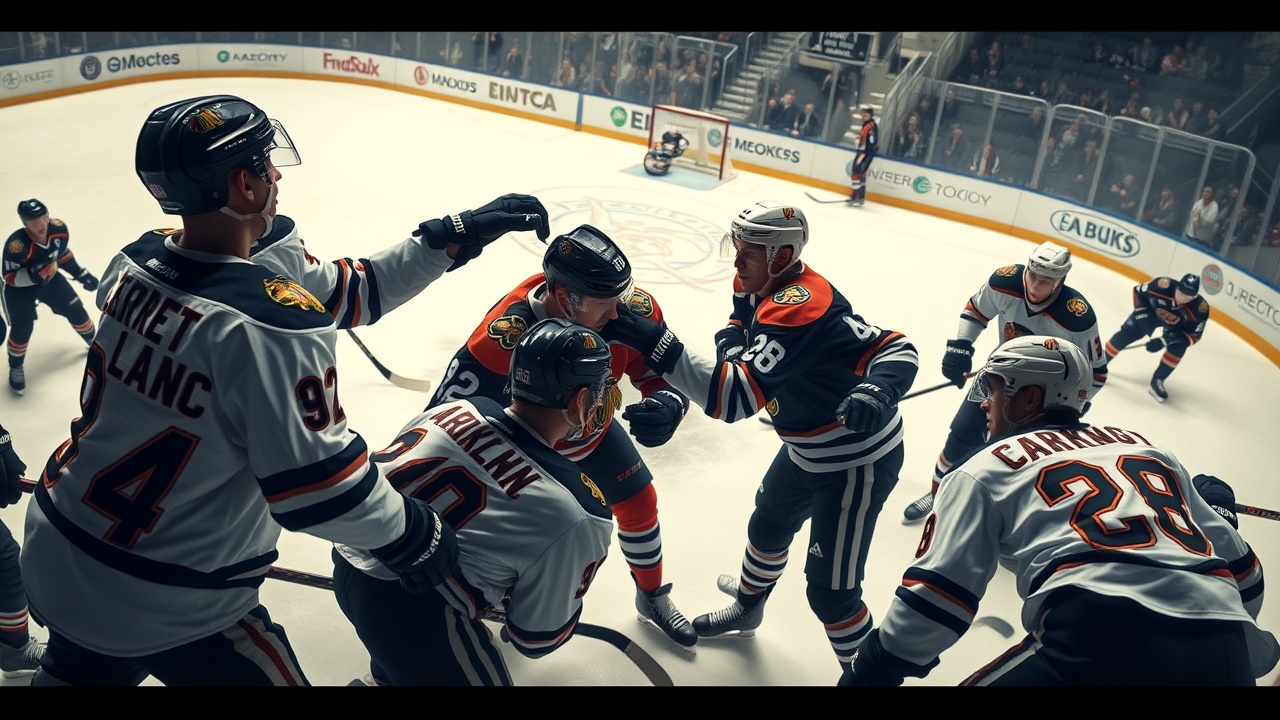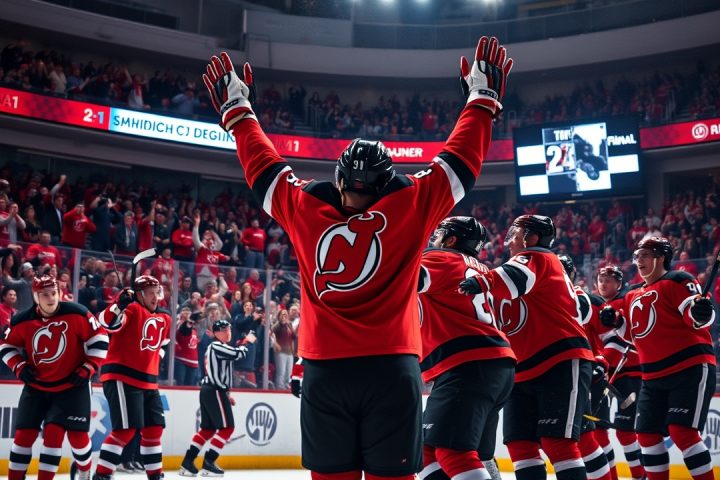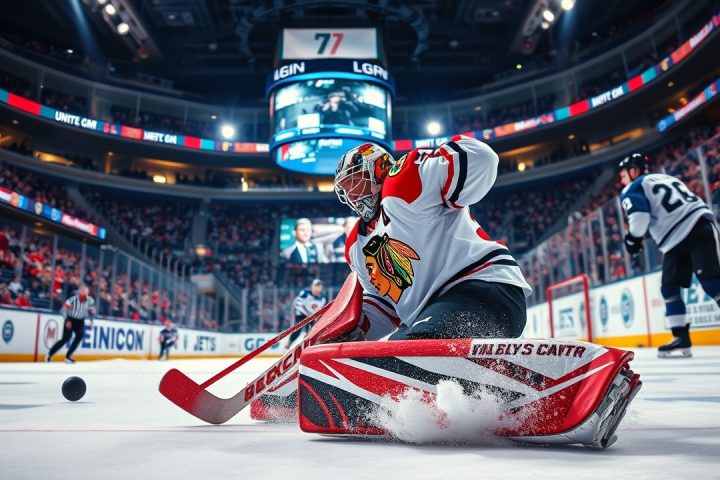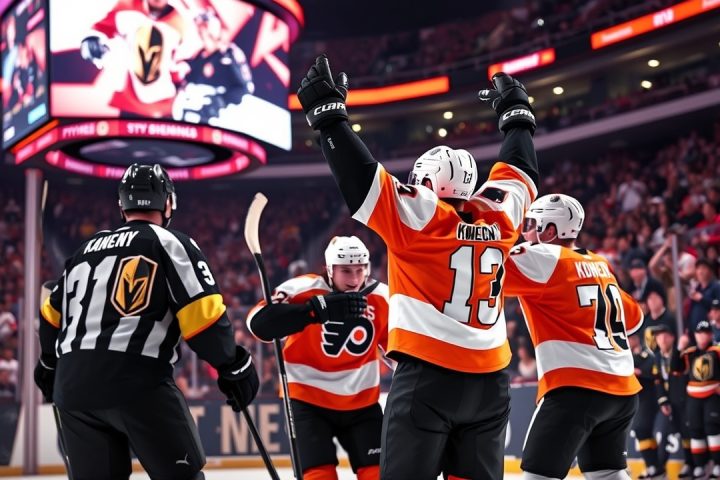2015 Western Conference Final: A Gripping Showdown
Ten years on, hockey fans still recall with vivid emotion the electrifying Western Conference final between the Chicago Blackhawks and the Anaheim Ducks, a series that showcased both teams’ determination but ultimately left a bitter taste for one. Back in 2015, Ducks forward Ryan Kesler famously declared they would grind the Blackhawks into submission, reflecting the confidence of a then-bruising Anaheim side under head coach Bruce Boudreau.
This was a pivotal series — the Ducks had set their sights on the Blackhawks believing they could overpower them, but they quickly found themselves in a grueling battle, testing their mettle against a resilient Chicago squad that had already enjoyed recent championship success.
Battle of Attrition
The Blackhawks, coming off a Stanley Cup victory in 2013 and having narrowly missed out the year after, were severely battered, relying on a core group of exhausted defenders. Their strategy heavily depended on grit and the last reservoirs of strength. As Boudreau later reflected, there was a palpable belief in the Ducks’ locker room, unfazed by the Blackhawks’ reputation.
The Ducks took an early lead in the series, igniting a battle filled with memorable moments — including one of the sport’s most unusual plays. Andrew Shaw, a Blackhawks forward, will forever be associated with a breathtaking yet controversial goal scored in Game 1, where he instinctively head-butted the puck into the net during overtime.
“You never see anything like that. It was exhilarating and yet nerve-wracking as we wondered if it would count,”
noted his teammate, Patrick Kane. The humorous and chaotic nature of that play has since become a staple in hockey’s lore, evoking reactions that blend disbelief and laughter from players and fans alike.
Struggle for Supremacy
As the series unfolded, it became evident the Ducks were intensely focused on wearing down the Blackhawks’ defense, which was surprisingly reliant on only four players due to injuries. Describing their approach, Ducks’ forward Andrew Cogliano remarked that their physical gameplay was essential in countering Chicago’s skating prowess. The situation culminated in the Ducks remarkably holding the higher ground throughout gameplay, even leading to critical moments late in the series where it seemed victory was within reach.
However, the Ducks’ near victory in the gripping seven-game series was marred by moments of missed opportunities and strategic blunders. After the Ducks suffered an overtime loss in game one, Boudreau recalled the mental drain it placed on the team, underscoring how every game escalated in intensity. Despite moments of brilliance from players like Jonathan Toews, the Ducks, who felt they had the upper hand, struggled with leverage in Game 6 and subsequently faltered in the decisive Game 7 on their home ice.
Reflections on a Historic Series
Where once they rode high, the Ducks found themselves engulfed in the experienced poise of a Blackhawks team relentless in their quest for another Cup. In the end, it was a series that offered both triumphs and tragedies, forming a cornerstone of playoff history that ultimately shaped the careers of all players involved. As Boudreau noted, this heartbreak lingers, a potent reminder of how thin the line can be between victory and defeat in sports.




